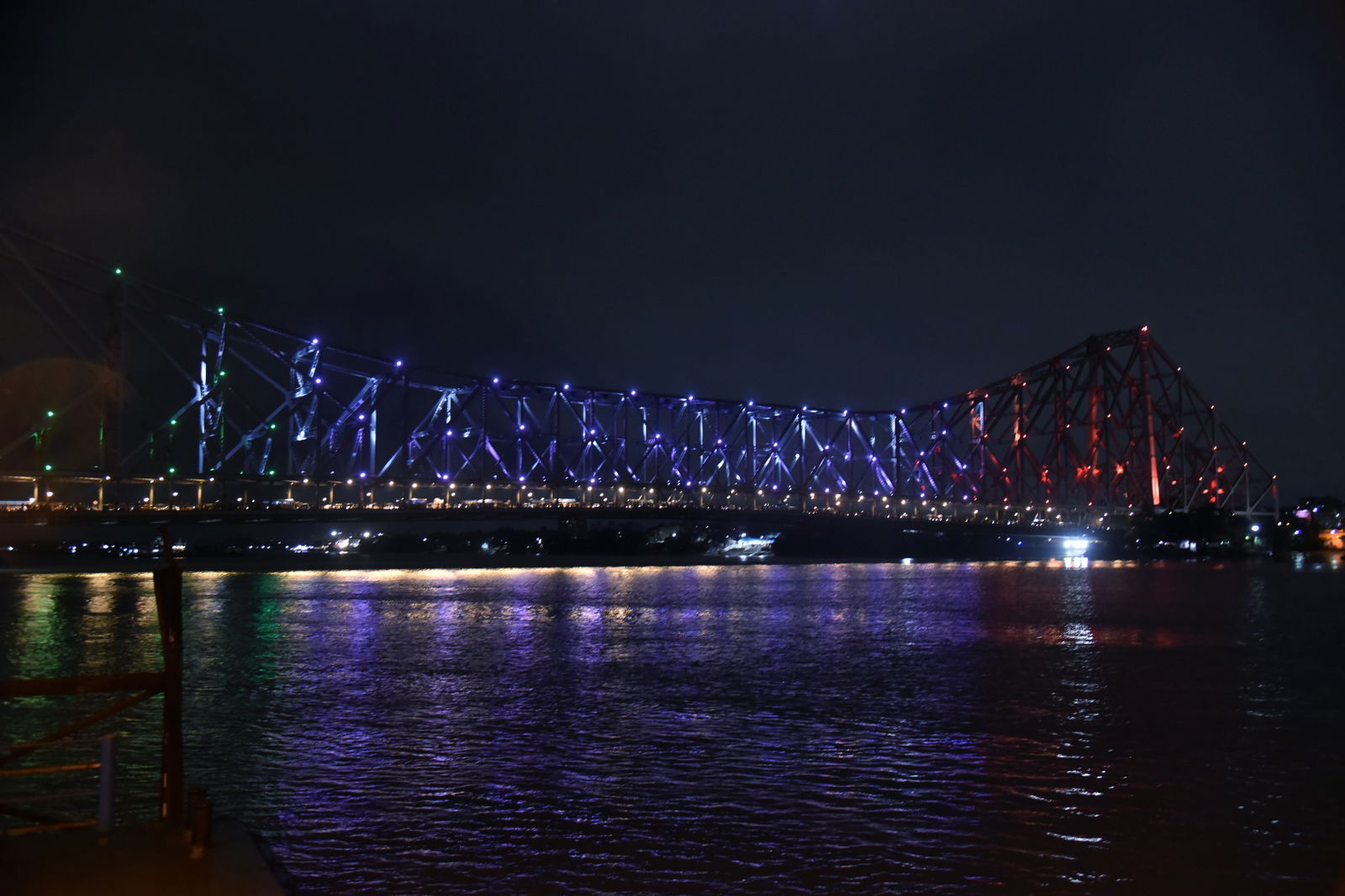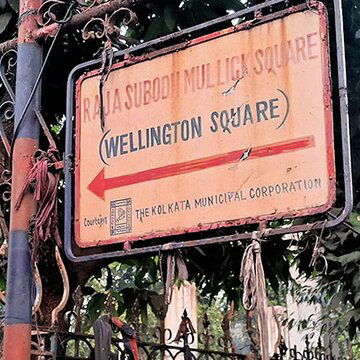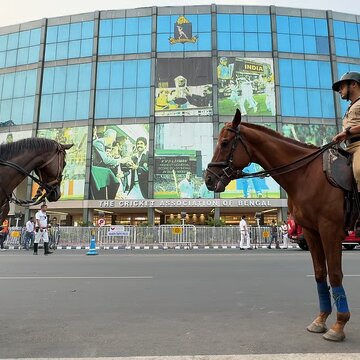August 29, Friday: The report of NARI 2025, published by the National Commission for Women, has revealed a harsh truth about women's safety in different India's cities. Whereas Mumbai, Kohima, Visakhapatnam, Bhubaneswar, Aizawl, Gangtok, and Itanagar were found to be the safest cities for women. On the other hand, Delhi, Kolkata, Patna, Ranchi, Srinagar, Faridabad, and Jaipur came at the bottom, grappling with systemic deficits of safety, reported the Mint
Kolkata voices capture fear and frustration
Kolkata, which at one time bore the reputation as being among India's safest metros, has plummeted in the index. Bhaskar English wrote that the city is now among the least secure, attributed to poor institutional responsiveness, patriarchal values, and urban planning failures.
For women on the ground, the statistics are deeply personal. Rimita Bhattacharya, a PR professional, reflected on her changed reality: “I grew up feeling safe in Kolkata. There were days I’d return home late at night and never once felt fear. But now, every corner feels heavier, every step more cautious. It hurts to see the city of joy turning into a city of fear.”
For others, the decline has been agonizing but incremental. Kaveri Chakraborty reminisced, "In my childhood, there were crimes against women, but the sheer numbers now are terrifying. Sometimes it takes us some time to even realize what happened to us until we regain our senses. Kolkata is not the same city anymore."
Safer cities strengthen trust and participation
The comparison is stark when put alongside cities such as Kohima, which headed the index. Bhaskar English wrote that Kohima, Visakhapatnam, and Bhubaneswar went up the ranks due to gender equality, improved policing, civic engagement, and women-friendly infrastructure. In these cities, more robust institutions and community trust have made women feel safer.
Safer beyond statistics
The study, from the comments of 12,770 women in 31 cities, observed that six out of ten women were "safe," but close to 40% confessed that they are still "not so safe" or "unsafe." While 91% said they felt safer in workplaces, almost half were not clear whether there was a POSH policy or not. Alarmingly, only one in three women who experienced harassment reported it, and official reports are far from the reality that women experience.
NCW chairperson Vijaya Rahatkar insisted that safety is not merely a policing matter. "It affects education, jobs, health, and mobility. We often blame the system, but society must also ask what it has done," she explained.
Unless women can walk freely without fear, safety will be a target on paper and not a lived experience on the ground.











